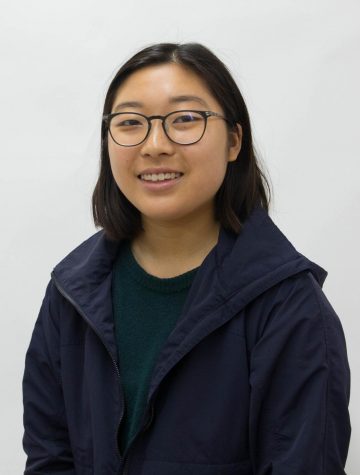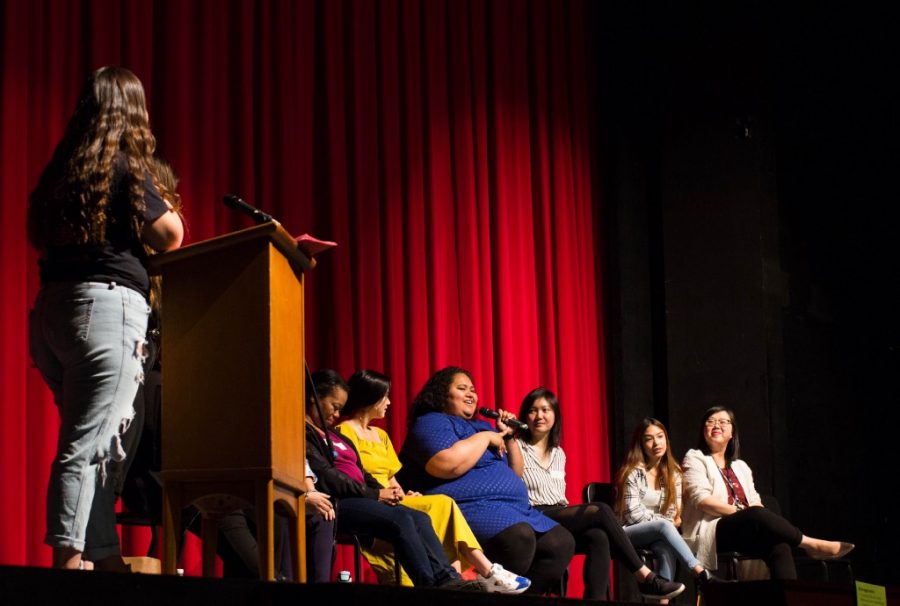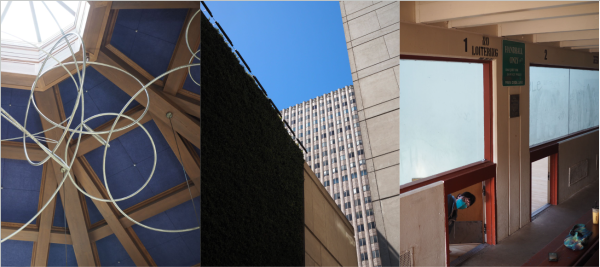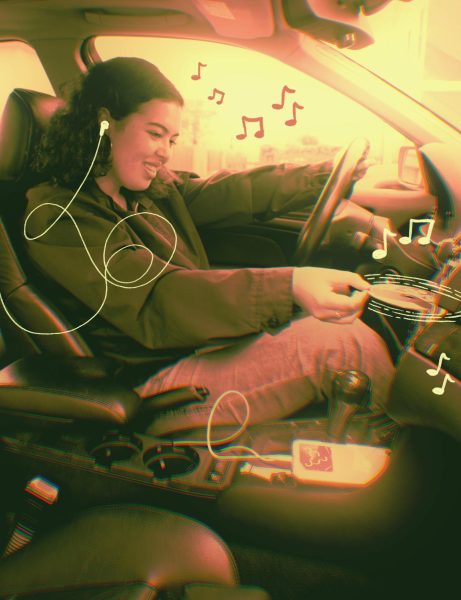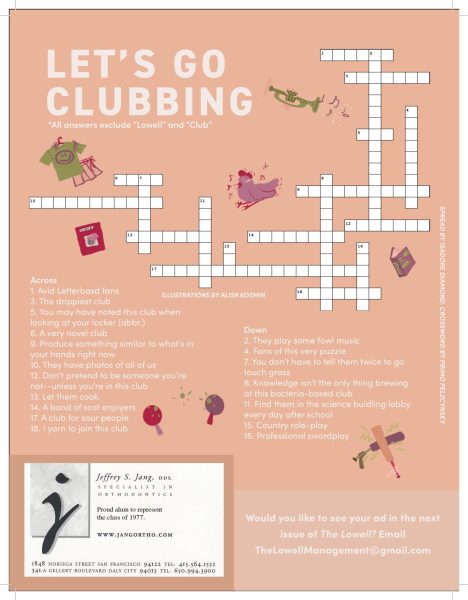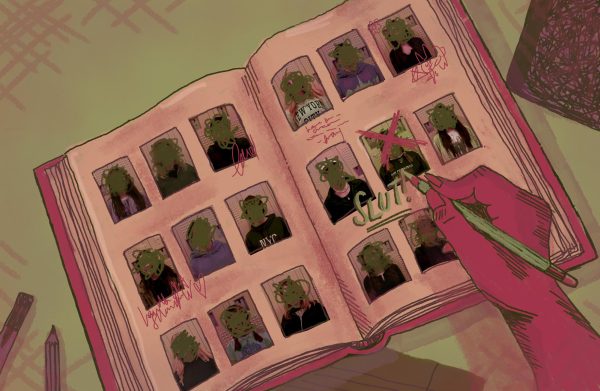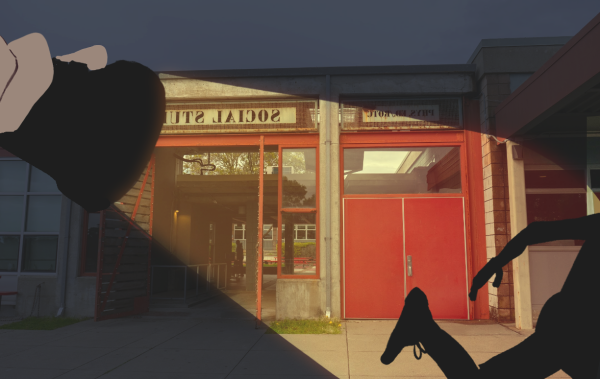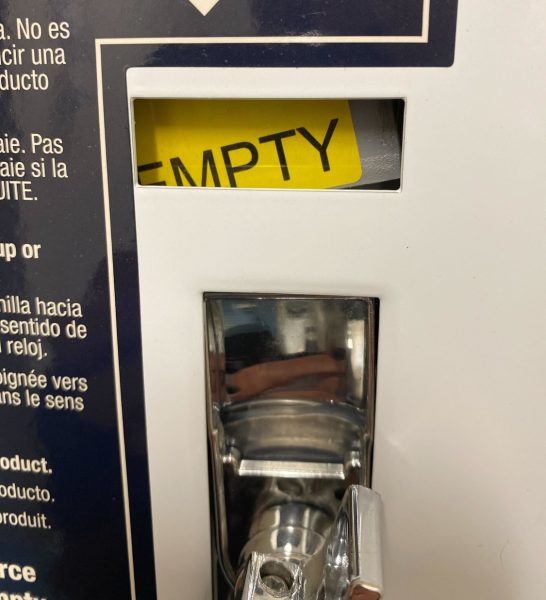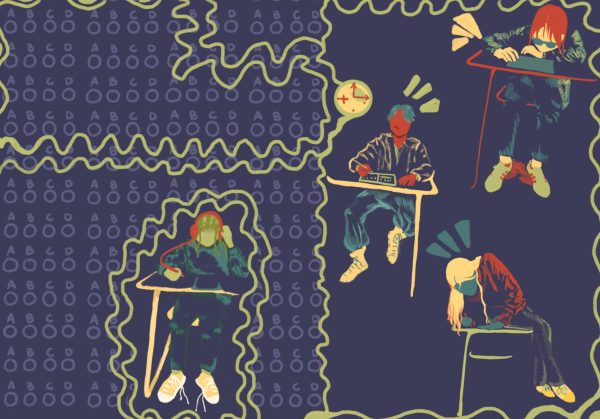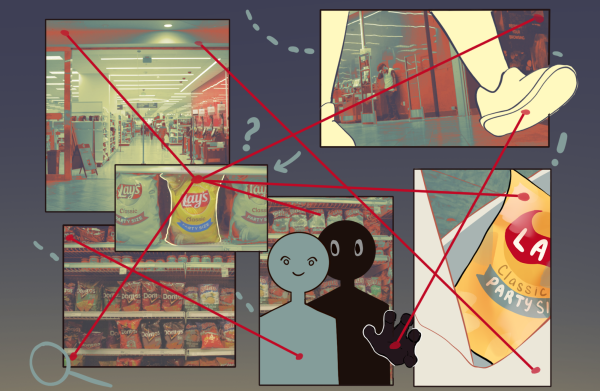Raising Awareness: Dreaming for Empathy
Alumni of Color Panel speakers talking to Lowell students on Feb. 7.
For the past few years, Lowell has been trying to make strides in creating a more inclusive environment. With issues surrounding diversity at the school being at the forefront, different actions have been taken by the administration to address these controversies. Lowell’s third annual Social Awareness Week (SAW) offered a series of events ranging from cultural club fairs to panels featuring Lowell alumni of color. This year, SAW ran from Feb. 5–9 and was publicized through social media with the school’s ongoing mission to achieve equity and promote inclusion for underrepresented students.
Changes have been made to this year’s SAW, which was organized by junior Almarie Mata, Student Body Council Community Liaison. The event added new activities such as cultural club fairs and workshops designed to foster empathy, spoken word performances and a screening of a movie.
English teacher Anne Guina, who served as SAW’s activities director, described the inspiration behind this year’s theme. The theme “Dreaming for Empathy” was created in reaction to the recent events surrounding the political and racial discussions at Lowell and the country’s tense political climate concerning racial issues and the Trump administration. Guina and SBC wanted to show resistance against racism and discrimination. “We wanted to highlight the importance of students getting to know different cultures and celebrating all of those cultures,” Guina said.
The cultural clubs fair, which was spread out over two days, was a way to educate students about different cultures. One of the clubs participating in the fair was the Black Student Union. Senior LaJeanne Shelton, who is the co-president of BSU, explained how BSU focused on educating students about African-American culture through games, food and discussions about the differences between cultural appreciation and appropriation. Through this effort, Shelton hoped that students would gain a deeper understanding of black culture. “We are more than just the entertainment,” Shelton said. “We are more than just the weaves and the braids. There’s a lot more to black culture than people think.”
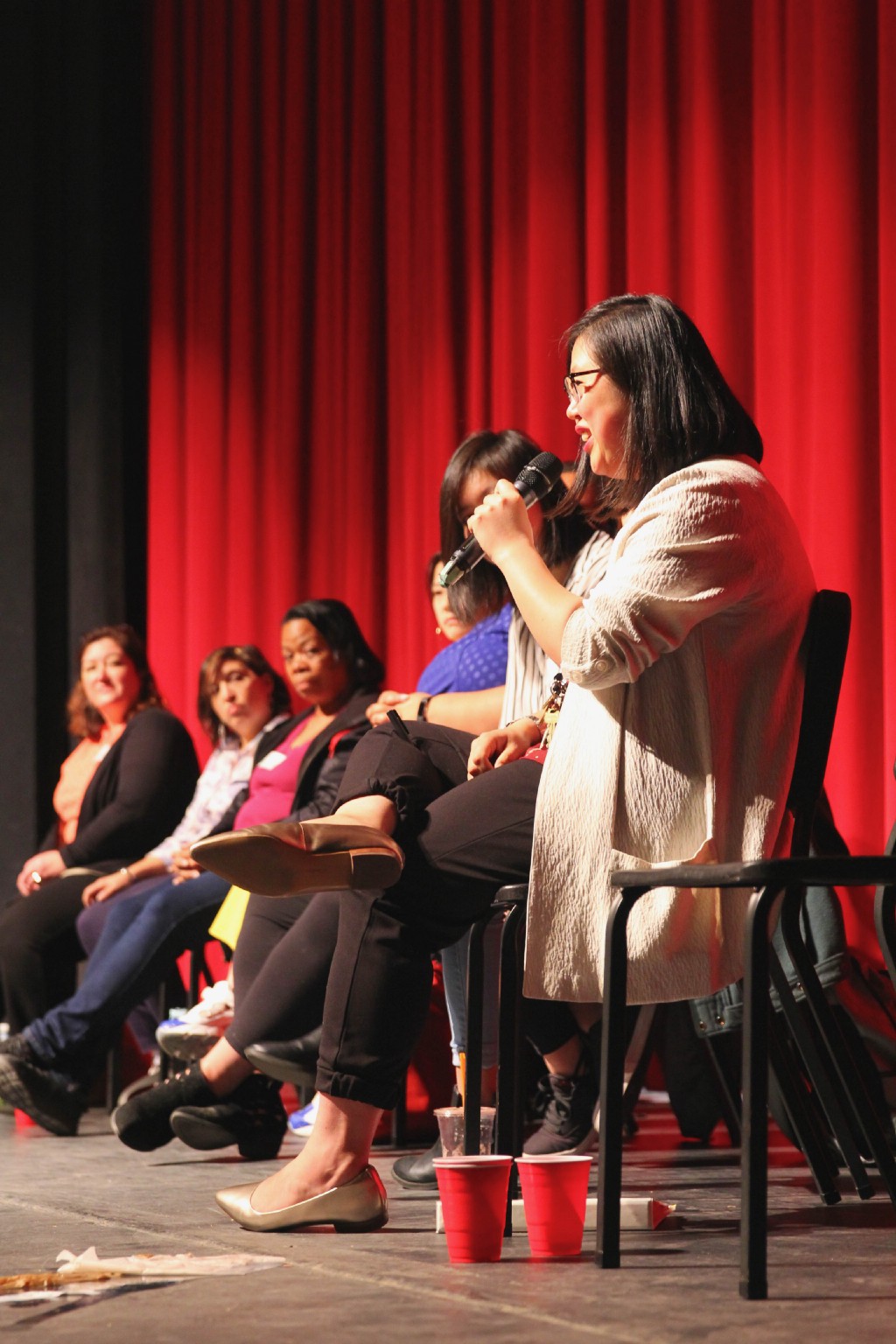
La Raza, which is an organization representing Lowell’s Latino community, also had a booth at the fair. Senior Lucy Perez, who is the president of La Raza, believed that the addition of the cultural club fair raised more awareness surrounding Latin culture. This year, La Raza’s booth offered traditional foods, hosted trivia and had a bracelet-making station. Perez believed that the addition of the cultural fairs made the week more engaging. “I know previous years people didn’t really know what was going on [during SAW] and I think having clubs being showcased allowed for more attention to be brought to Social Awareness Week,” Perez said. “I know people at our booth were really excited about what we were doing and were engaged.”
Another major part of SAW were the Alumni of Color Panels. In classrooms and at the auditorium, panelists talked about their experiences attending Lowell and how they overcame some hardships such as racial discrimination during their time in high school.
Student reactions to the panels varied. Junior Ella Piper, who attended a panel during class, thought it was an engaging way to connect different generations of Lowell students. “It was definitely a way to open people’s eyes,” she said. “Lowell’s been around for a while and there’s always been prejudice towards people. I think it was a good experience to hear about how alumni have faced that and worked against it.”
On the other hand, Piper did recognize the alumni panels’ shortcomings. “It’s not hitting the problem at its roots,” she said. Other students felt that the panelists were out-of-touch with current students or that students just went only because their teachers made them, according to junior Isabella Dang. Dang said that some students even outwardly rejected the panels. “During the panels, I overheard one guy saying, ‘No one gives a **** about what you’re talking about,’” Dang said. “This is the attitude that a lot of kids have.”
Although Dang had mixed feelings about the panels, she did enjoy the Special Ed program that SAW offered. Dang and her class were able to hang out and play games with the Special Ed students. “We sat down in a room, played games with one another, and got to interact with people who are not usually included in our society,” Dang said.
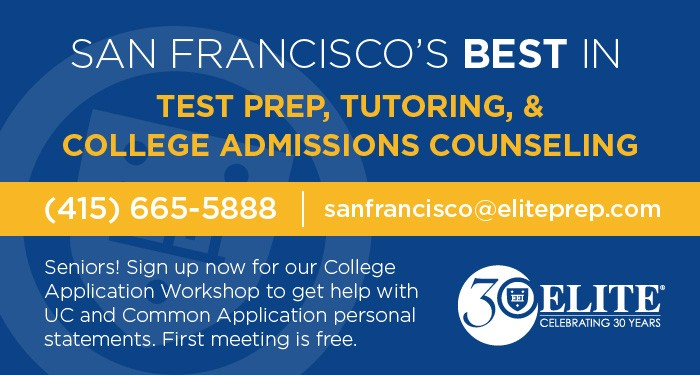
There were differing viewpoints as to the extent of Social Awareness Week’s effectiveness. Although the event is intended to promote equity, there is still room for improvement. The issues that SAW addresses do not necessarily apply to many students, making some feel apathetic towards the event and other school actions promoting diversity and inclusion. Lowell’s hyper-academic environment distracts a lot of students from thinking about other issues, according to Perez. “If it’s something that doesn’t apply to you then you’re not going to care about it,” she said. “It’s really hard to bring people to understand that this is something that matters.” Although other students may see SAW as useless or overly politically correct, Dang said that we should still respect one another’s viewpoints. “For people who don’t care as much, at least respect the people that do care,” she said.
Social Week Awareness organizers and students know that achieving equity will take more than just one week of student-run events. “It’s gonna take a lot of work to take an institution that’s been around as long as Lowell to bring equity,” Shelton said. She hopes to see more communication about inclusion between teachers, students and faculty in order to learn from each other. “The school’s trying to make a conscious effort and I really appreciate that but I really don’t see big things happening but it’s the little things that do count,” Shelton said. “I’m not expecting these changes to be fast but I am expecting that we are making an effort as a school and as people and as a human race to bring more equity.”
